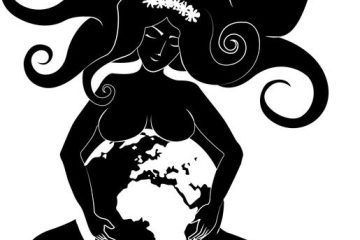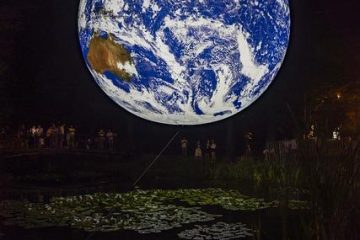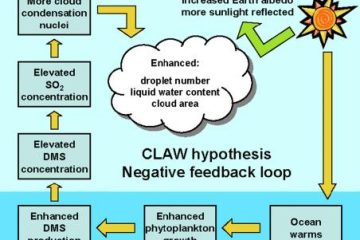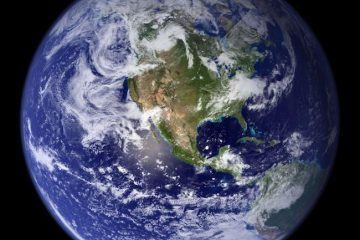Gaia hypothesis
gaia hypothesis conclusion
The Gaia Hypothesis invites us to see Earth not merely as a collection of individual organisms but as a cohesive, self-regulating entity. This perspective challenges our understanding of life’s interconnectedness and our role within this intricate web.









